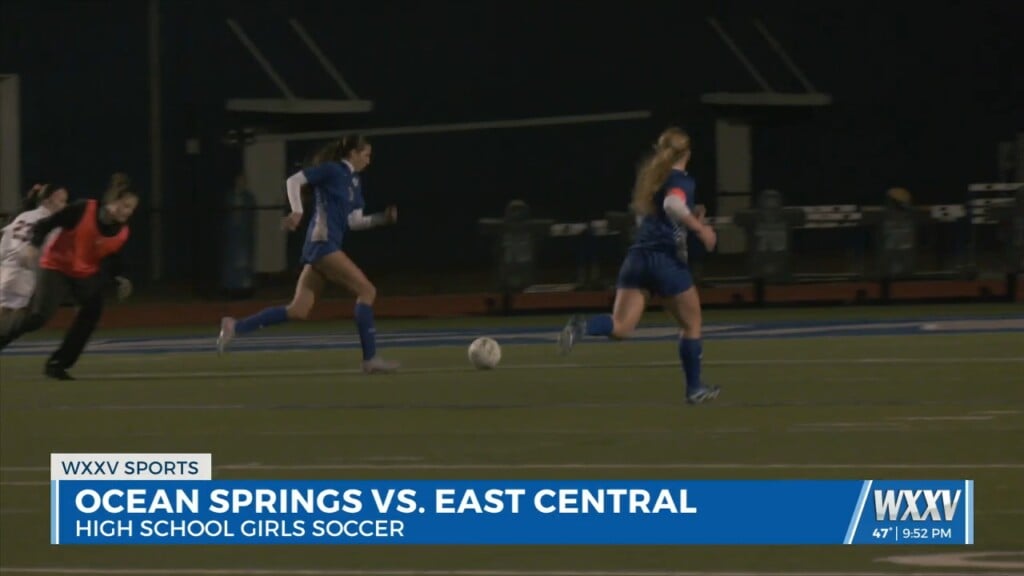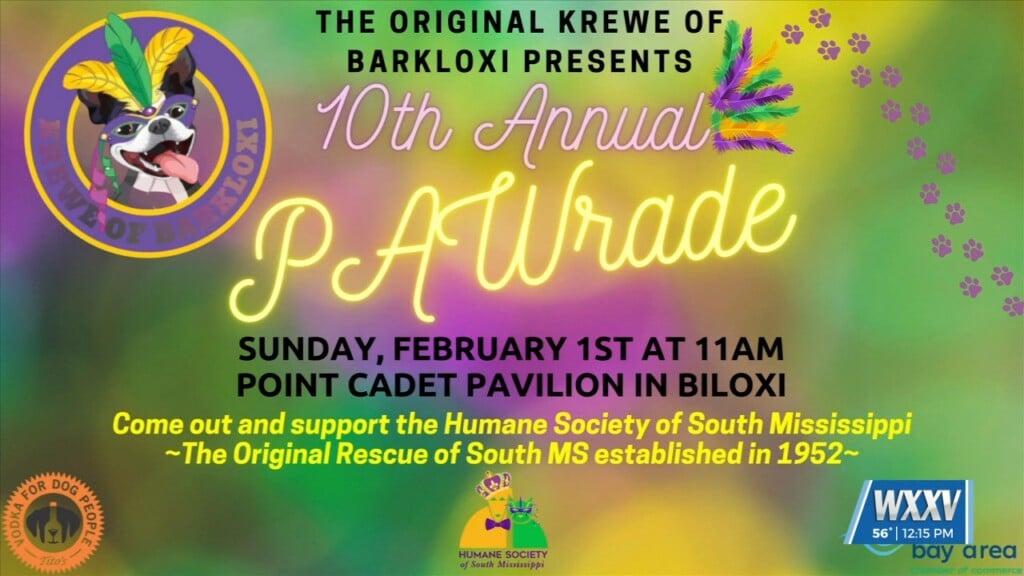Land and funding acquired for conservation
The first land acquisition from the Deepwater Horizon settlement in Mississippi is complete.
In 2010, there was a large oil spill in the Deepwater Horizon, which resulted in a settlement to the state of Mississippi. Now in 2019, the Natural Resource Damage Assessment Funding from the settlement will be put to use. Grand Bay Estuarine Research Reserve Director Ayesha Gray said, “There have been several public meetings about it. It has been presented at the Restoration Summit on multiple occasions to inform the public on this upcoming project.”
The state was able to purchase more than 1,500 acres of coastal wildlife habitat amongst the Grand Bay National Wildlife Refuge, the National Estuarine Research Reserve, and the Savanna Coastal Preserve. Gray tells News 25 this is an opportunity to improve management of Coast wetlands. “These are private in-holdings within the boundaries of the reserve of the refuge that we haven’t been able to previously manage.”
You might be thinking ‘what does this all meant to the Coast.’ Wet pine savanna is a natural state of the ecosystem and it requires fire. This allows the Grand Bay to do prescribed fires in order to restore the savanna to get it back to a long leaf pine. “Fire has been suppressed because of people living in the area. Fire is dangerous. By having these lands added to the refuge, instead of excluding them from out of our prescribed burning management activities, we can include them,” said Gray.
Adding more lands to the prescribed burn routine means a secure habitat for threatened and endangered species. “Henslow’s sparrow is an endangered species. The reason is that a lot of that wet pine savanna has grown over and isn’t suitable for them. With prescribed burns, you can return it to a state that the sparrows can live in.”




Leave a Reply